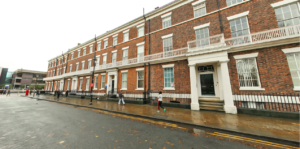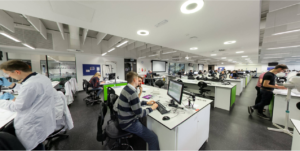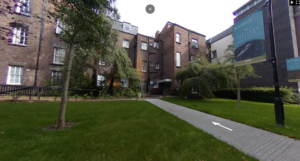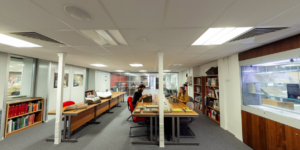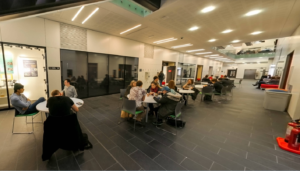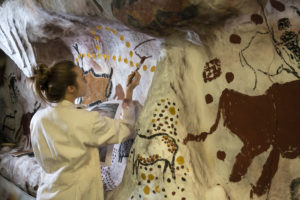How you'll learn
Your modules will be delivered through a combination of formal lectures, student-led seminars and extensive practical and workshop instruction. The focus will be on research-led teaching, and you will be offered practical classes in numerous sub-fields
The modules are designed to guide you to identify your own learning needs and the resources to address them. This will go on to prepare you for your research project, including planning of research, research design, time management, ethics, and health and safety.
How you're assessed
The MSc in Human Evolution uses a wide range of assessment methods, including coursework (critiques, reports, research design, professional reports, and essays), tests, and oral presentations (group and individual).
Assessment elements are regularly structured for you to benefit from the feedback that they provide. Formative assessments include bi-weekly quizzes embedded in the first semester module Advanced Osteology and Skeletal Pathology, to help you transition from undergraduate to postgraduate learning.
The MSc focuses on authentic assessment via tasks such as fieldwork and lithic reports. Through studying the diversity of human societies, you will develop a truly global perspective.
Liverpool Hallmarks
We have a distinctive approach to education, the Liverpool Curriculum Framework, which focuses on research-connected teaching, active learning, and authentic assessment to ensure our students graduate as digitally fluent and confident global citizens.
The Liverpool Curriculum framework sets out our distinctive approach to education. Our teaching staff support our students to develop academic knowledge, skills, and understanding alongside our graduate attributes:
- Digital fluency
- Confidence
- Global citizenship
Our curriculum is characterised by the three Liverpool Hallmarks:
- Research-connected teaching
- Active learning
- Authentic assessment
All this is underpinned by our core value of inclusivity and commitment to providing a curriculum that is accessible to all students.
